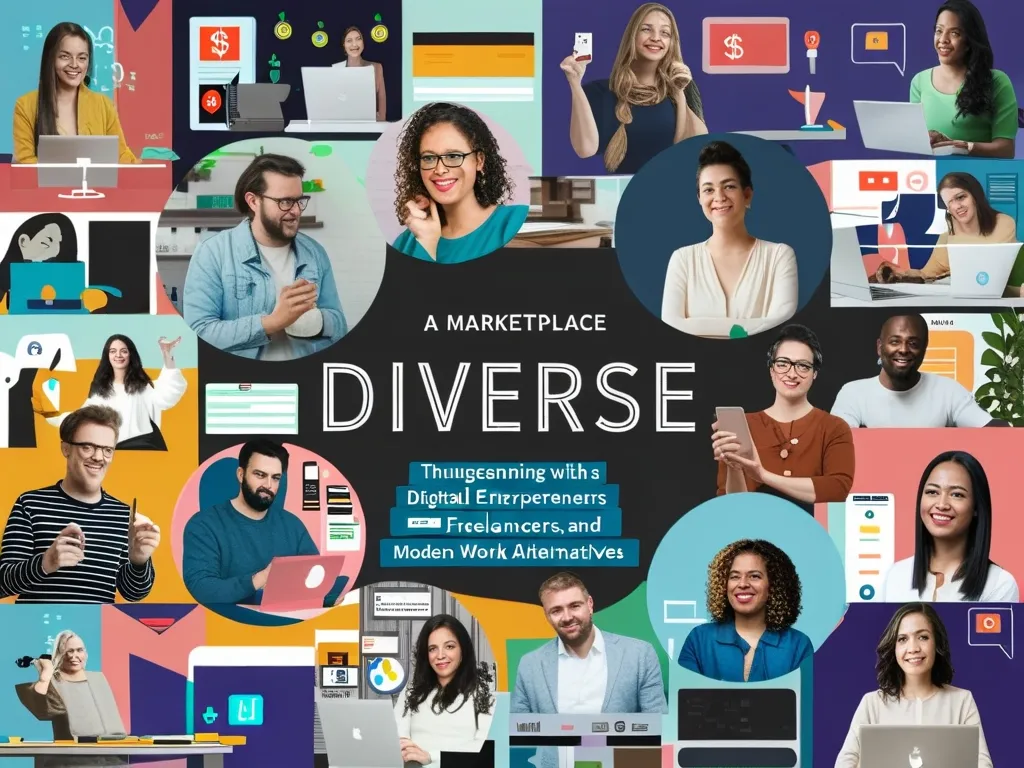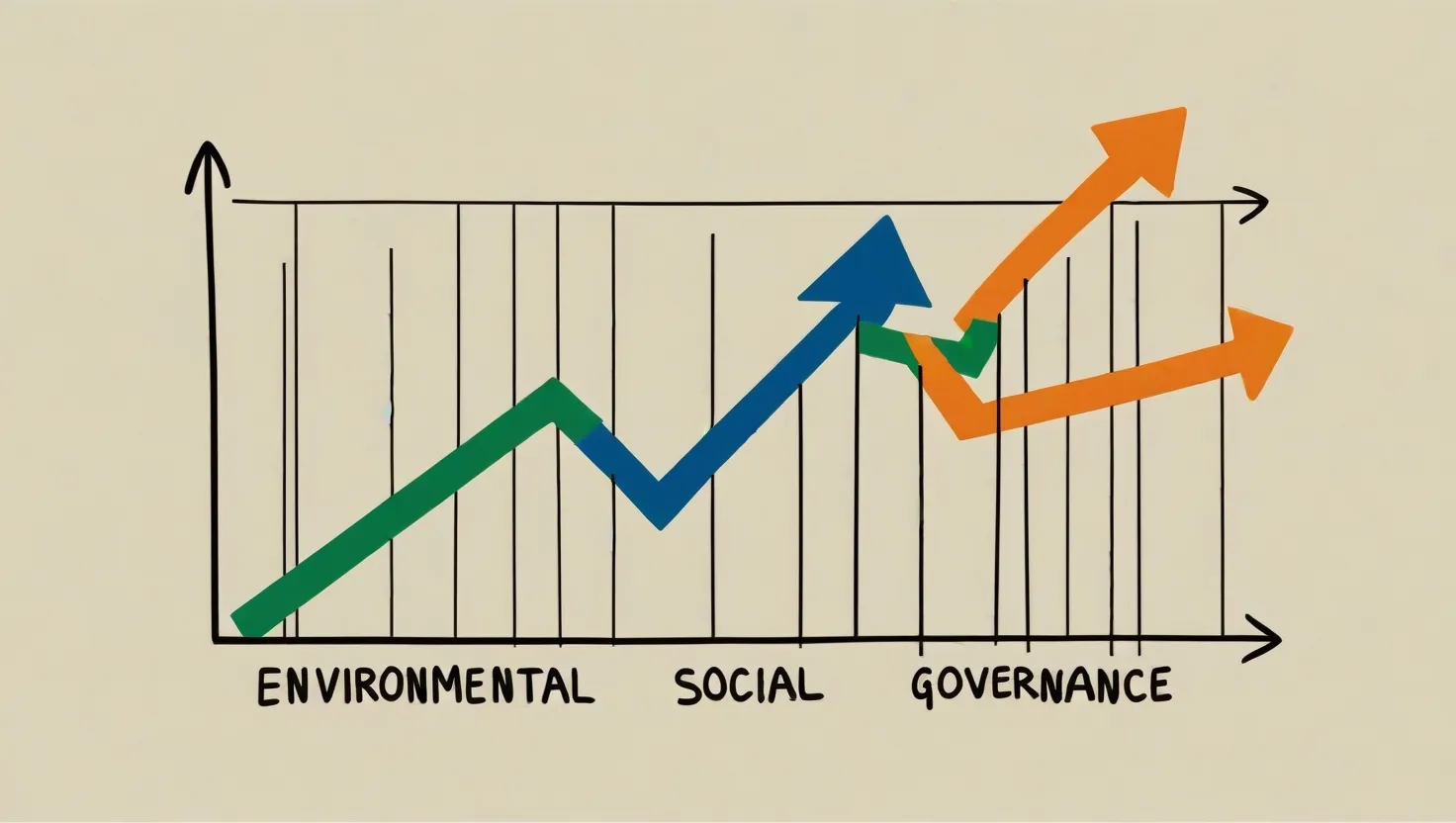Ever dreamed of seeing your name in the headlines and a fortune in your bank account? How about creating something so revolutionary that everyone in the world has to turn to you? If you’re aiming to build the next Google or Facebook, you’re in the right place. Let’s delve into the art of constructing a monopoly.
People inherently strive for progress, hoping for a future that’s safer, easier, and more rewarding. From bakers perfecting their bread to airports increasing flight capacity, everyone’s aiming to improve what already exists—this is known as horizontal progress. However, simply enhancing existing products or services isn’t enough to build a monopoly. To stand out, you need vertical progress—creating something entirely new.
Imagine the fastest car in the world. It’s incredible, but it’s not the only car. A monopoly isn’t about having the best product; it’s about having a unique one. Think of the first flying car—that’s vertical progress, something completely unheard of before.
Yet, just creating something new isn’t enough. You need to capture the value of your innovation, or competitors will swoop in. Horizontal progress is difficult to monopolize because it’s a race against existing players. Take commercial aviation: massively significant but fiercely competitive. In contrast, Google, a modern monopoly, made $13 billion on $55 billion of revenue by owning 89% of the global search engine market, much more efficient than airlines could ever hope to be.
So, how do you achieve and maintain such a monopoly? First, innovate on a scale competitors can’t easily replicate. Proprietary technology is key. For example, Amazon didn’t just compete with bookstores; it offered more than ten times the books any store had. Apple turned tablets from niche gadgets to must-have devices.
Next, you must leverage economies of scale. A monopoly should grow stronger as it expands. This is challenging with services as they can’t scale infinitely—doctors can only see so many patients. Software, however, scales effortlessly, with new copies just a click away. If your product’s value depends on widespread use, like Facebook, starting small can spark the necessary network effect.
Lastly, you need distribution—advertising, marketing, and sales efforts to convince people they need your innovation. Even the most outstanding product can flop without a solid distribution strategy. Great distribution convinces people subtly, making the sales pitch invisible but effective.
Building a monopoly comes with significant rewards and historical recognition. If you’re up for this challenge, dive into “Zero to One” by Peter Thiel. It offers brilliant insights into transforming ideas into successful monopolies.
The journey of creating a monopoly is daunting, but with innovation, strategic scaling, and effective distribution, you can turn your dreams into reality. Stay curious and strive for that vertical leap.






